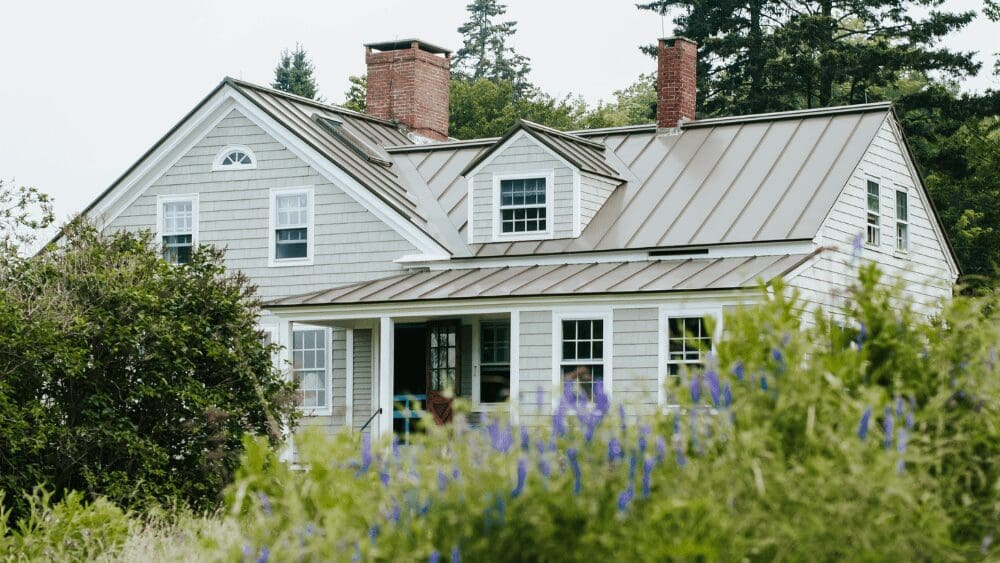October 18, 2024 by Mark Ferguson
As a real estate investor who has bought and sold numerous properties over the years, one of the most common questions I encounter is whether it’s better to sell a property vacant or with tenants in place. The answer isn’t always straightforward and depends on various factors, including property type, market conditions, and target buyers. Let’s break down the pros and cons for different property types.
Video: Is it Better to Sell Houses or Investment Properties Vacant or With Tenants?
Single-Family Homes
Generally, single-family homes will sell for more money when vacant. Here’s why:
- Owner-occupants typically pay more than investors because they’re buying a home, not just an investment
- Owner-occupants make up the largest buyer pool for single-family homes
- Properties can be properly prepared and staged when vacant
- Repairs and updates are easier to complete without tenants
For example, I recently sold a single-family flip that could have rented for $2,000 monthly ($24,000 annually). Using a gross rent multiplier of 8%, an investor might have valued it around $300,000. However, we sold it vacant to an owner-occupant for over $400,000.
Exception: Low-Value Markets
In markets with very low property values but decent rental rates, it might make more sense to sell with tenants. This is common with turnkey rental operations, where properties are sold to out-of-state investors with tenants and property management already in place.
Multi-Family Properties
Duplexes
For duplexes, having at least one unit rented often makes sense because:
- It appeals to house hackers who want to live in one unit and rent the other
- Rental income helps buyers qualify for financing
- Shows proven rental income potential
However, ensure units are rented at market rate. Below-market rents can actually decrease property value.
Larger Multi-Family (5+ Units)
For properties with five or more units:
- Almost always better to sell fully occupied
- Aim for market-rate rents
- Maintain good payment history from tenants
- Keep detailed income and expense records
- Properties are valued based on income approach
- Owner-occupant financing isn’t available, so investor buyers dominate
Commercial Properties
Small Commercial
Small commercial properties can go either way:
- Vacant might appeal to owner-occupant businesses
- Could potentially get higher prices from owner-users than investors
- Market conditions and timing play crucial roles
Large Multi-Tenant Commercial
For larger commercial properties with multiple units:
- Generally better sold with tenants in place
- Investors typically prefer stabilized income
- Having a few vacant units is okay for showing upside potential
- Detailed rent rolls and financial statements are crucial
Single-Tenant Large Commercial
These can be challenging:
- Harder to sell vacant due to specialized uses
- Consider splitting into smaller units if vacant
- Triple net leases with strong tenants add significant value
- Property value closely tied to tenant quality and lease terms
Special Considerations
Mixed-Use Properties
For mixed-use properties:
- Usually better occupied, especially if tenants are strong
- Consider separating business operations from real estate
- Can sometimes work with partial vacancy
- Value based on both current income and potential use
College Rentals
Timing is crucial:
- Best to sell either fully rented during school year
- Or vacant right before rental season
- Avoid having vacancy during off-peak rental periods
Conclusion
While each property is unique, here are the general rules of thumb:
- Single-family homes: Usually better vacant
- Multi-family: Usually better occupied
- Commercial: Depends on size and type
- Always consider market conditions and timing
- Ensure rents are at market rate if selling occupied
- Maintain good financial records for occupied properties
Remember that these are guidelines, not absolute rules. Market conditions, property condition, and timing can all impact whether vacant or occupied is the better choice for your specific situation.




















 English (US) ·
English (US) ·